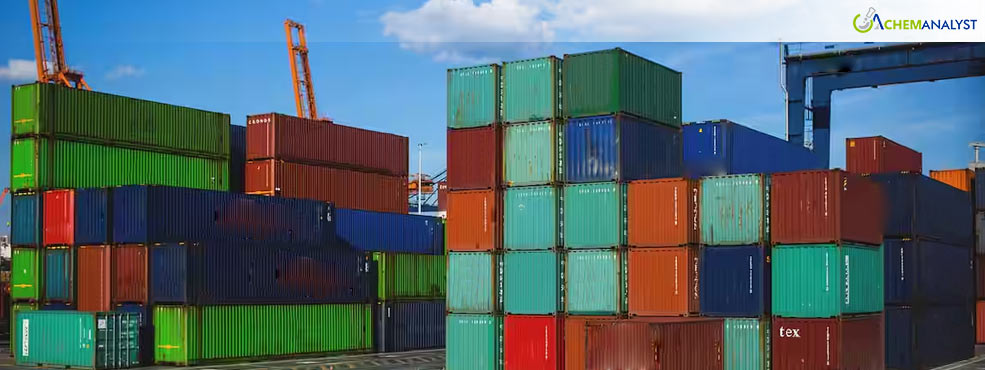Welcome To ChemAnalyst

The Commerce Ministry plans to enhance food-testing infrastructure to support export growth, according to a senior government official. The Export Inspection Council (EIC), operating under the ministry, has initiated a comprehensive study to assess the gaps in the current food-testing infrastructure for exports. Nitin Kumar Yadav, Joint Secretary in the Department of Commerce, explained that although various measures have already been taken, a deeper analysis is underway. The study, which is commodity and region-specific, will help identify deficiencies, with a completion timeline of 2-3 months. Based on this, a holistic expansion plan for food-testing infrastructure will be developed.
As part of this initiative, the EIC will introduce an integrated traceability module to improve the management of processes related to inspection, testing, and certification for exports. The council is also incorporating advanced technologies, including IoT-based sampling techniques. New laboratories are being set up in Ahmedabad, Faridabad, and Mangalore to further strengthen the country's food-testing capabilities.
Additionally, the EIC is pursuing mutual-recognition agreements (MRAs) and memorandums of understanding (MoUs) with various countries to gain global recognition for its export mechanisms and processes. This move aligns with India’s ongoing negotiations for free trade agreements (FTAs) with the UK and the EU, aiming to enhance domestic standards and increase exports. The UAE, having signed an FTA with India in 2022, is among the key markets for Indian food exports.
The EIC has significantly expanded its testing infrastructure over the past decade. The number of accredited laboratories has grown to 78, and the number of export establishments approved through the EIC system has more than doubled from 794 to 1,446. In addition, export certificates accepted by importing countries have nearly doubled, rising from 61,000 to over 120,000. The laboratory ecosystem has grown from 21 recognized labs in 2013-14 to 78 labs in 2024-25, ensuring faster testing and facilitating exports.
The EIC’s certification system is recognized by major international regulatory bodies, such as those in the European Union, the United States, Australia, Turkey, Korea, and Japan. The council’s participation in organizations like Codex Alimentarius, ISO, and the WTO has helped advance science-based standards, reduce trade barriers, and foster smoother international trade.
To further streamline operations, the EIC is launching an online portal that will integrate traceability modules, a Laboratory Information Management System (LIMS), and E-Health features. Additionally, new labs are being established in Ahmedabad, Faridabad, and Mangalore, while the EIC’s network of Export Inspection Agencies (EIAs) continues to expand. The EIC's headquarters remains in New Delhi, with agencies in Chennai, Mumbai, Delhi, Kolkata, and Kochi, supported by 24 sub-offices at key ports and export hubs.
We use cookies to deliver the best possible experience on our website. To learn more, visit our Privacy Policy. By continuing to use this site or by closing this box, you consent to our use of cookies. More info.
